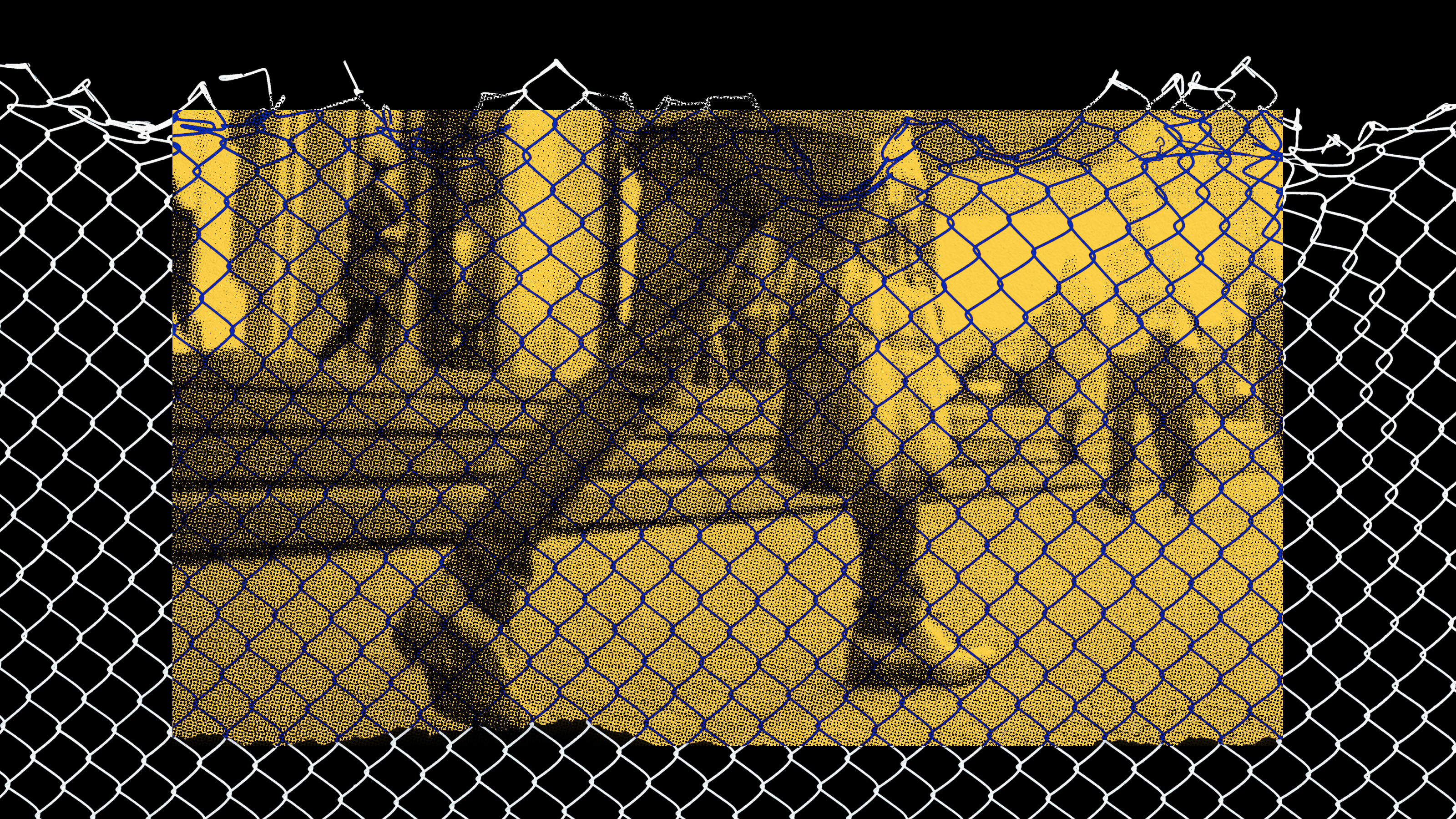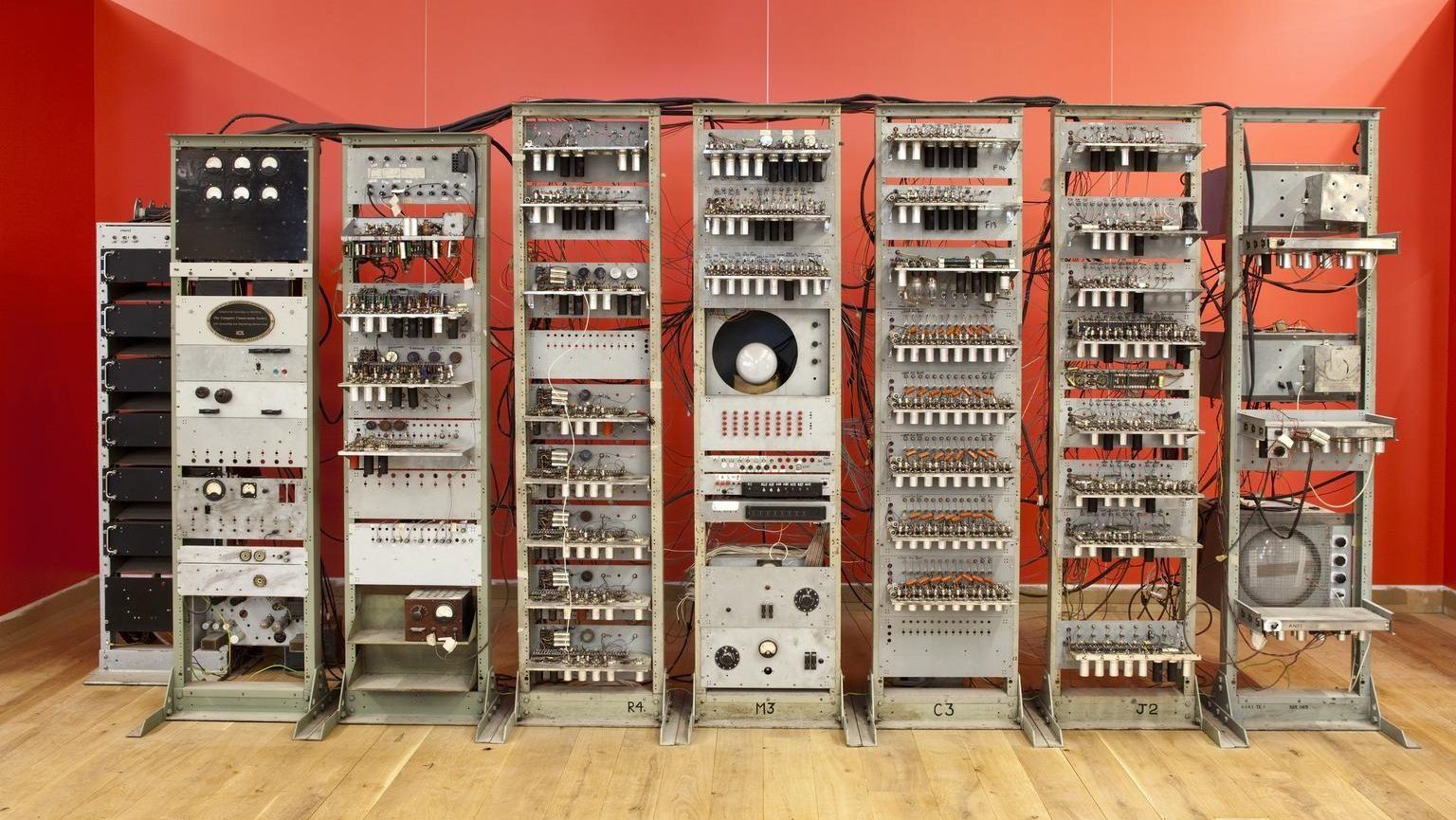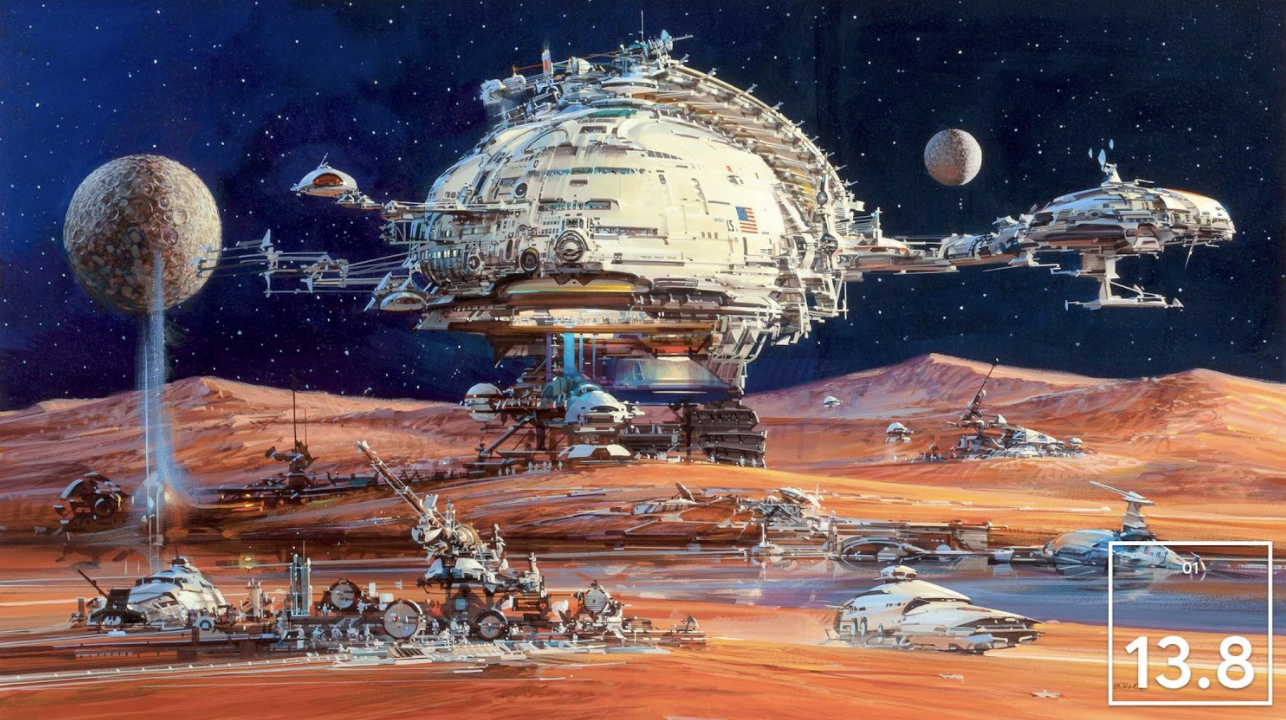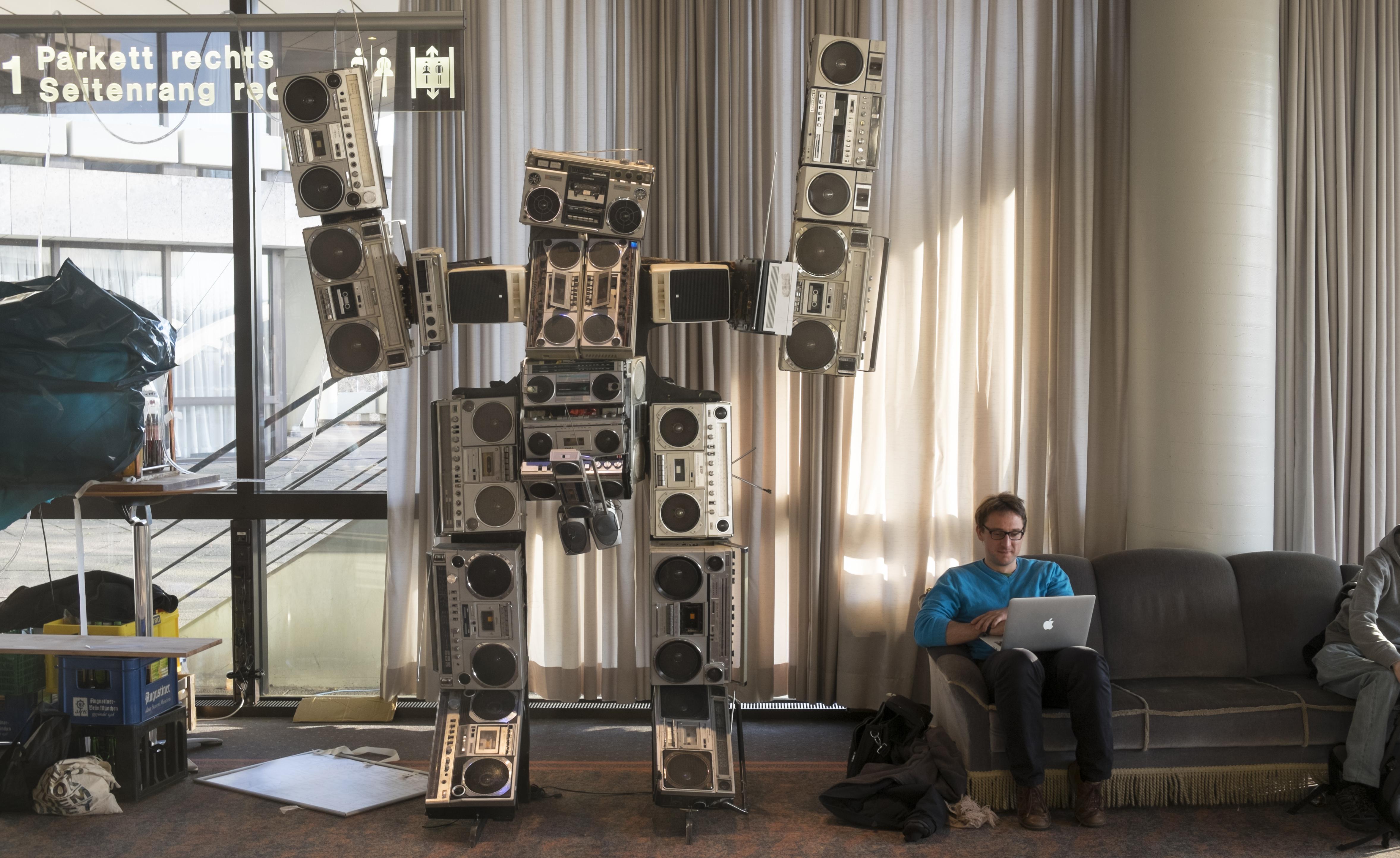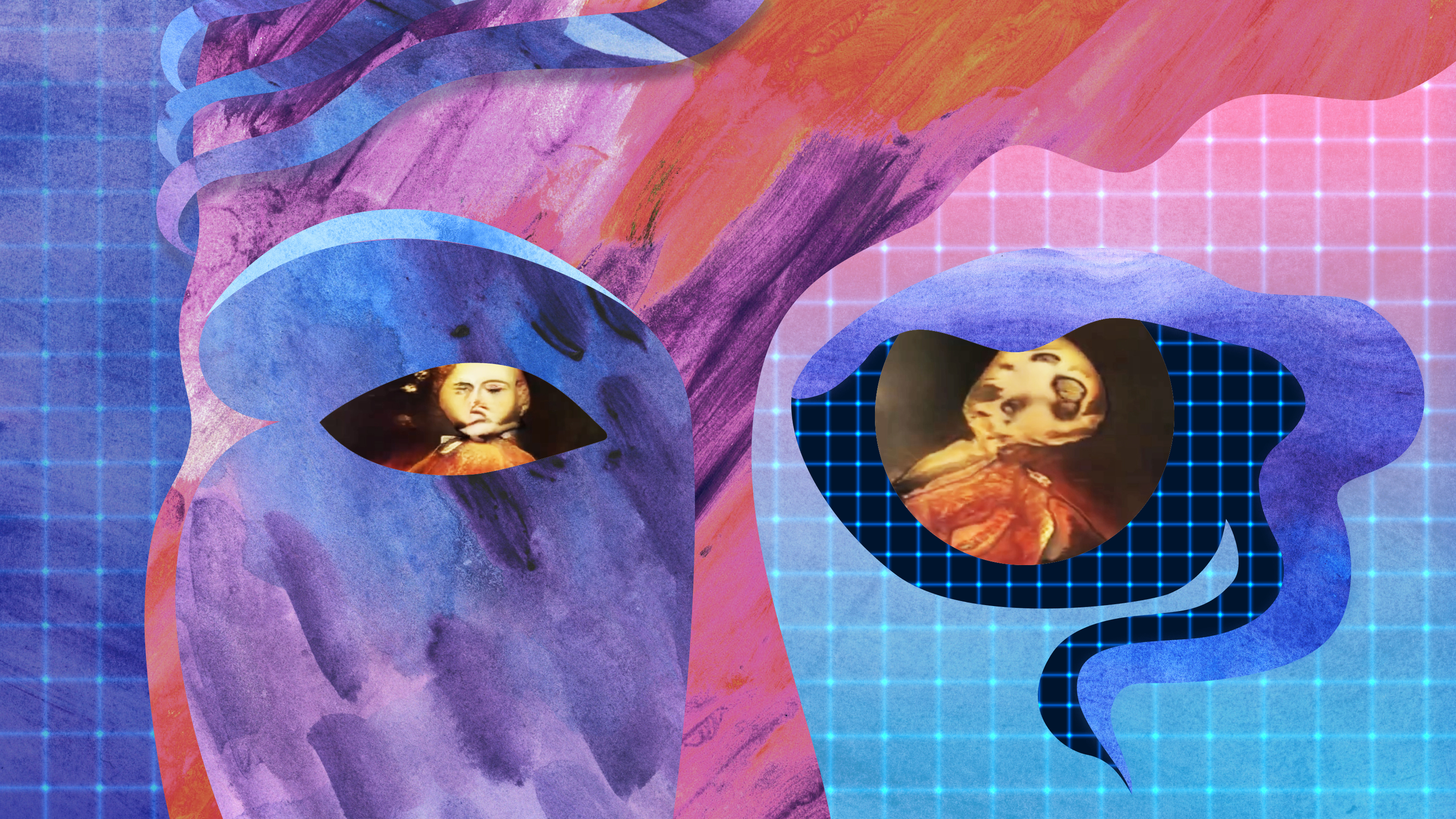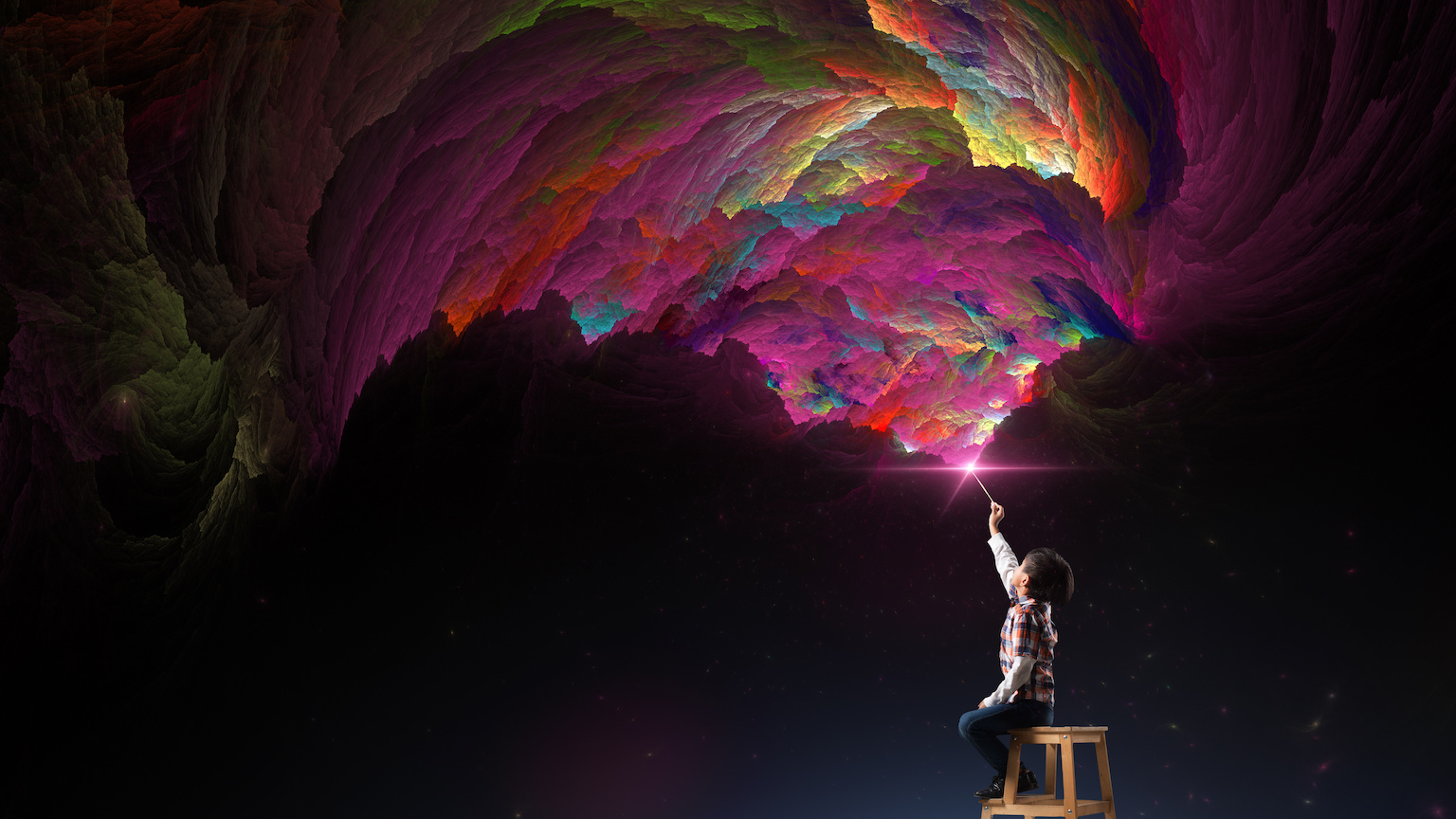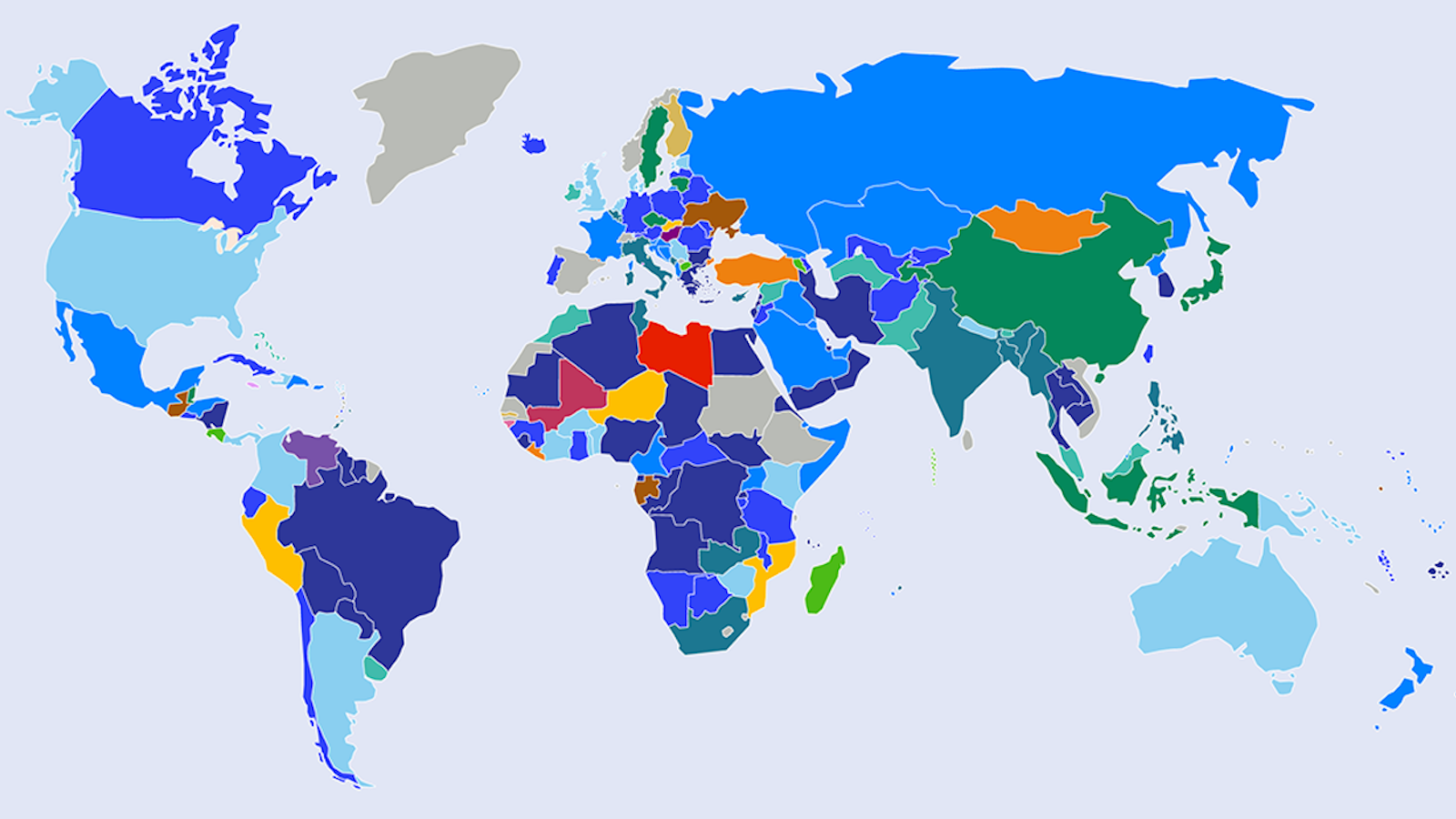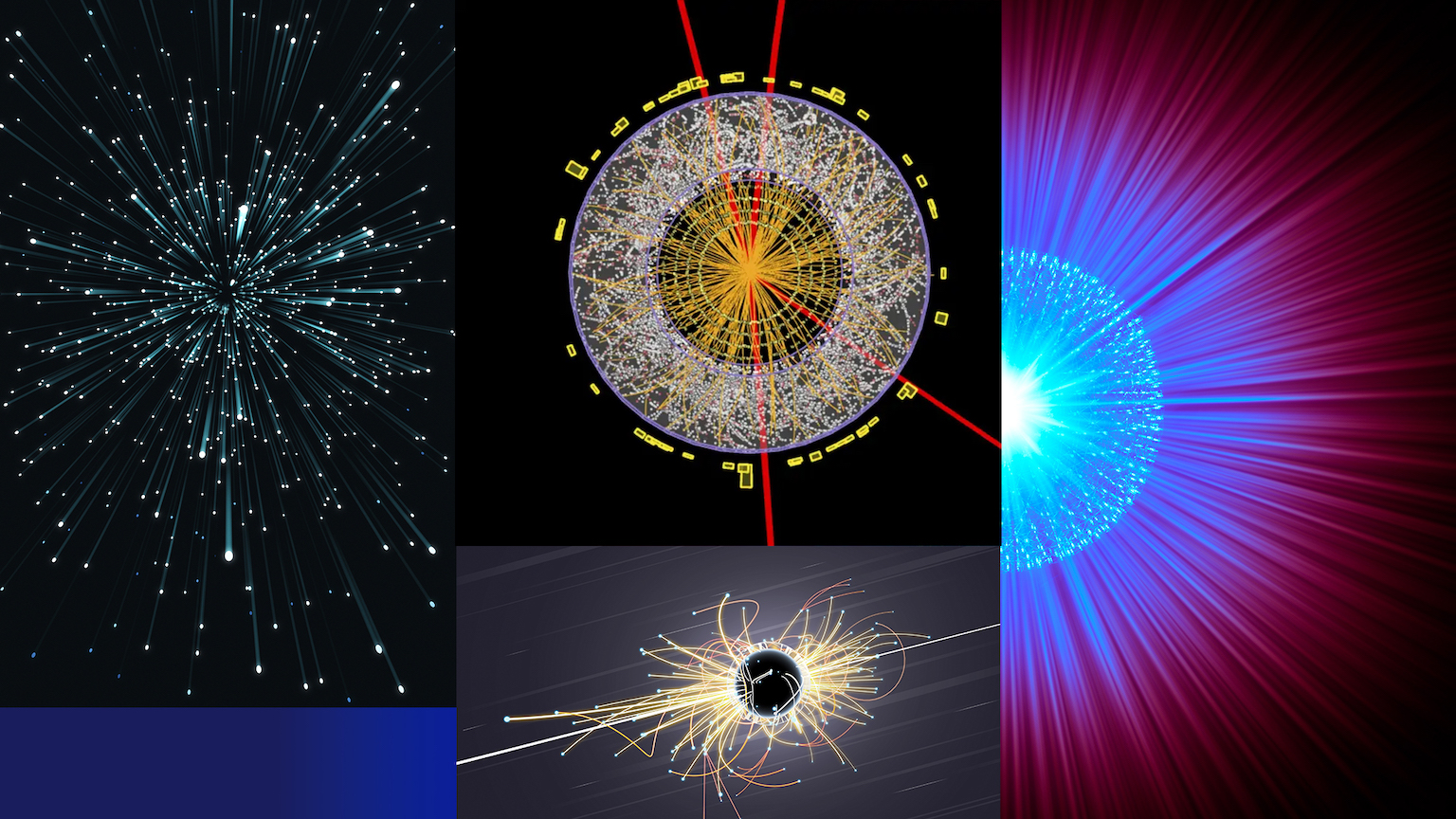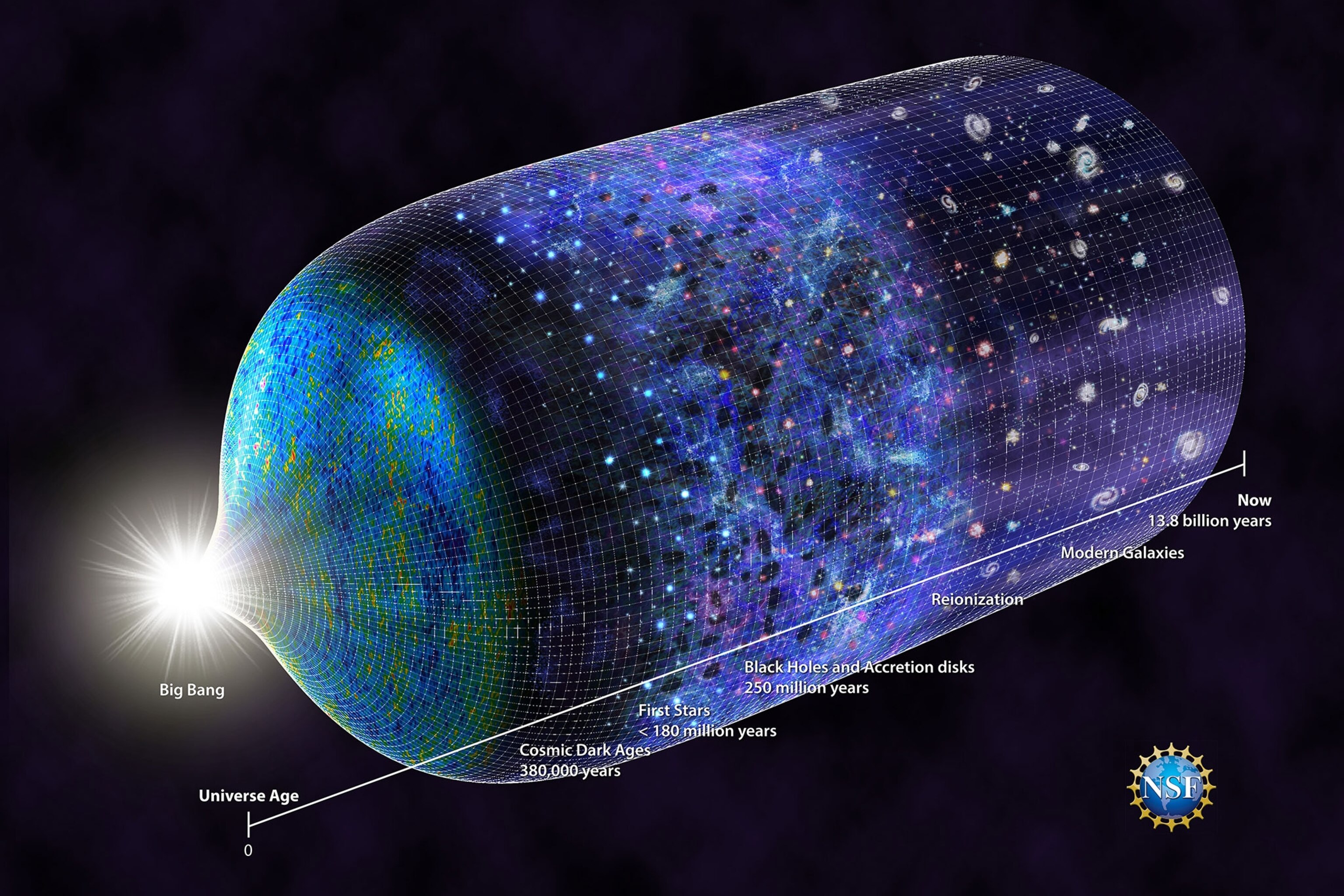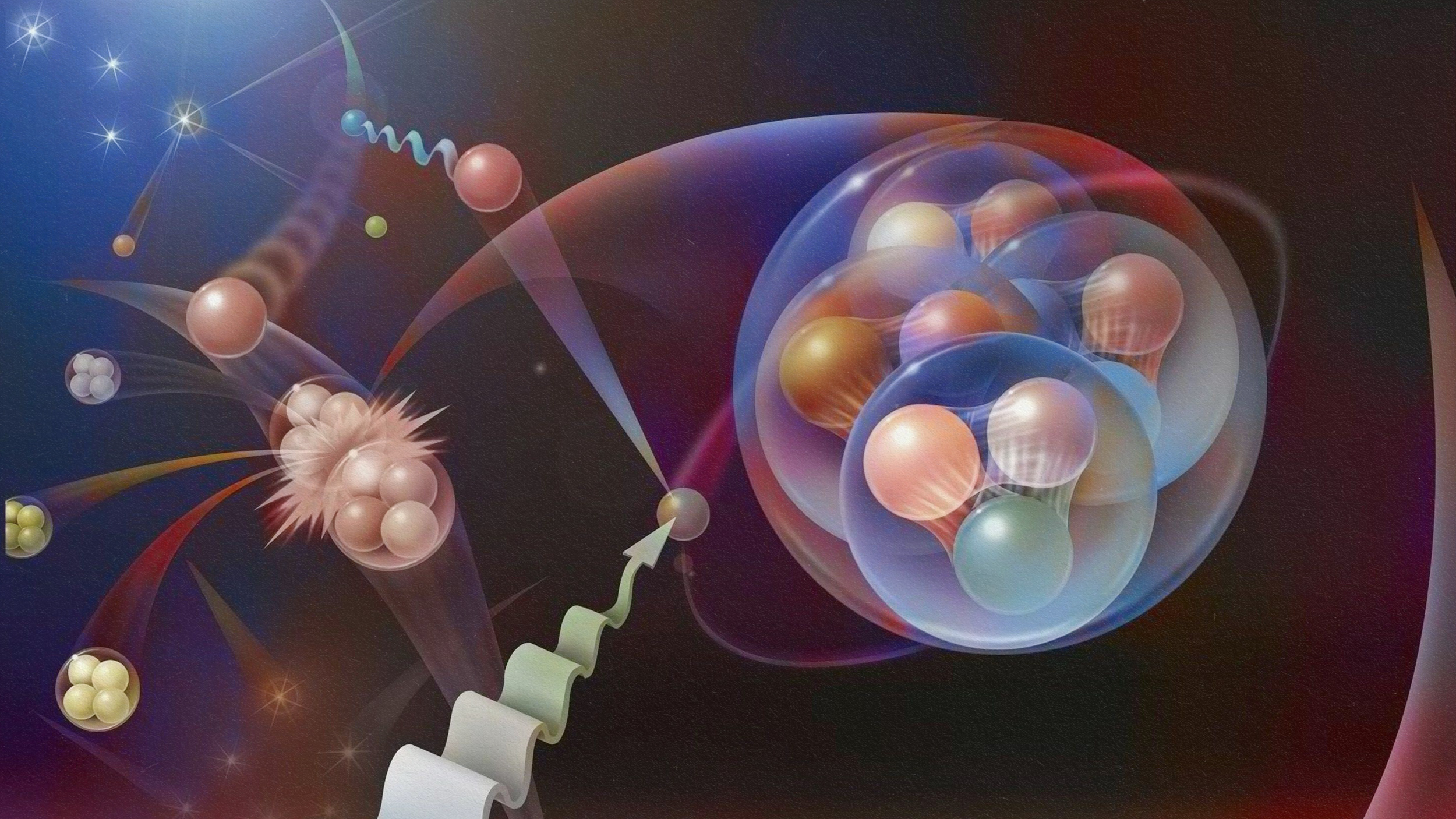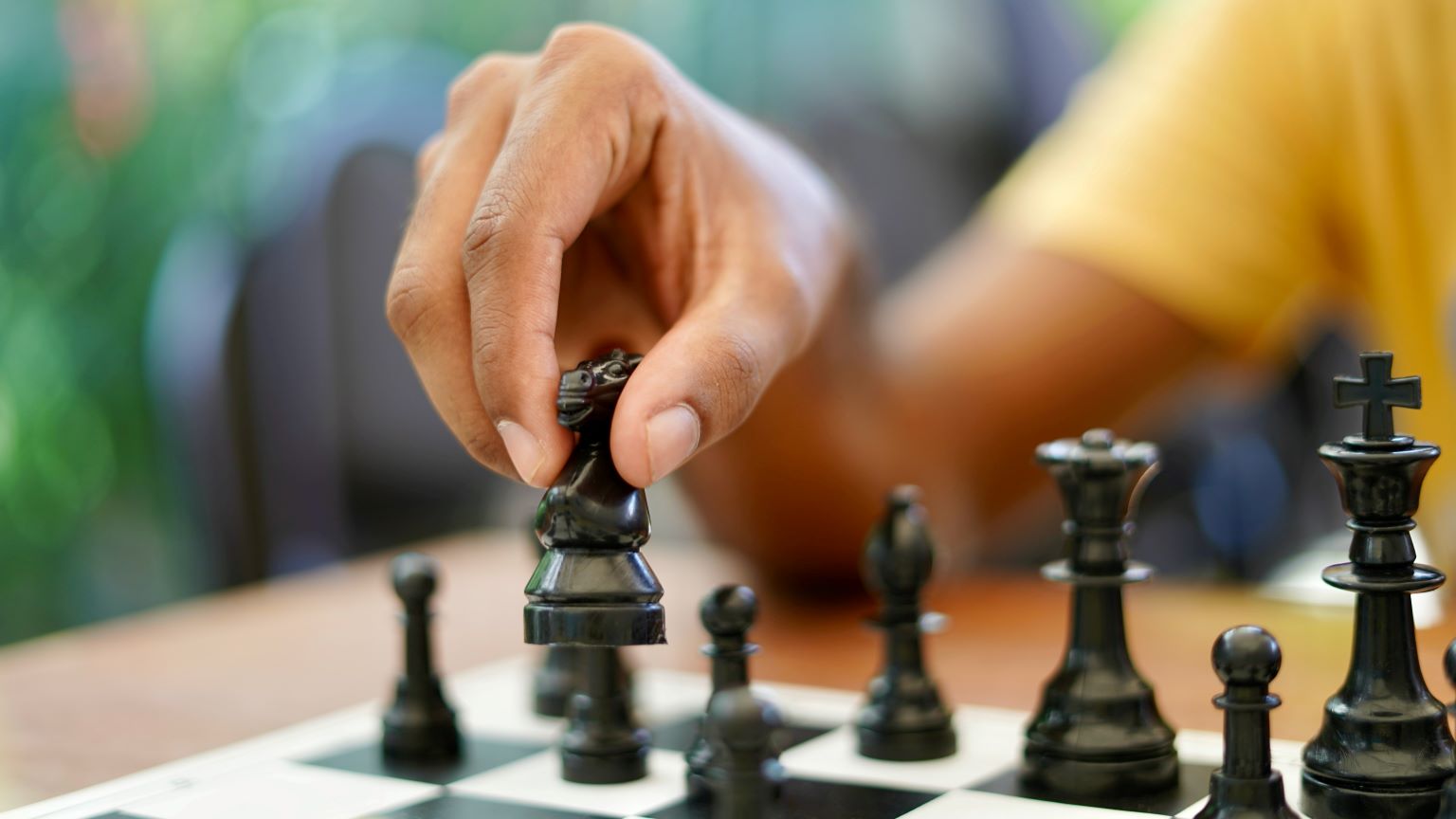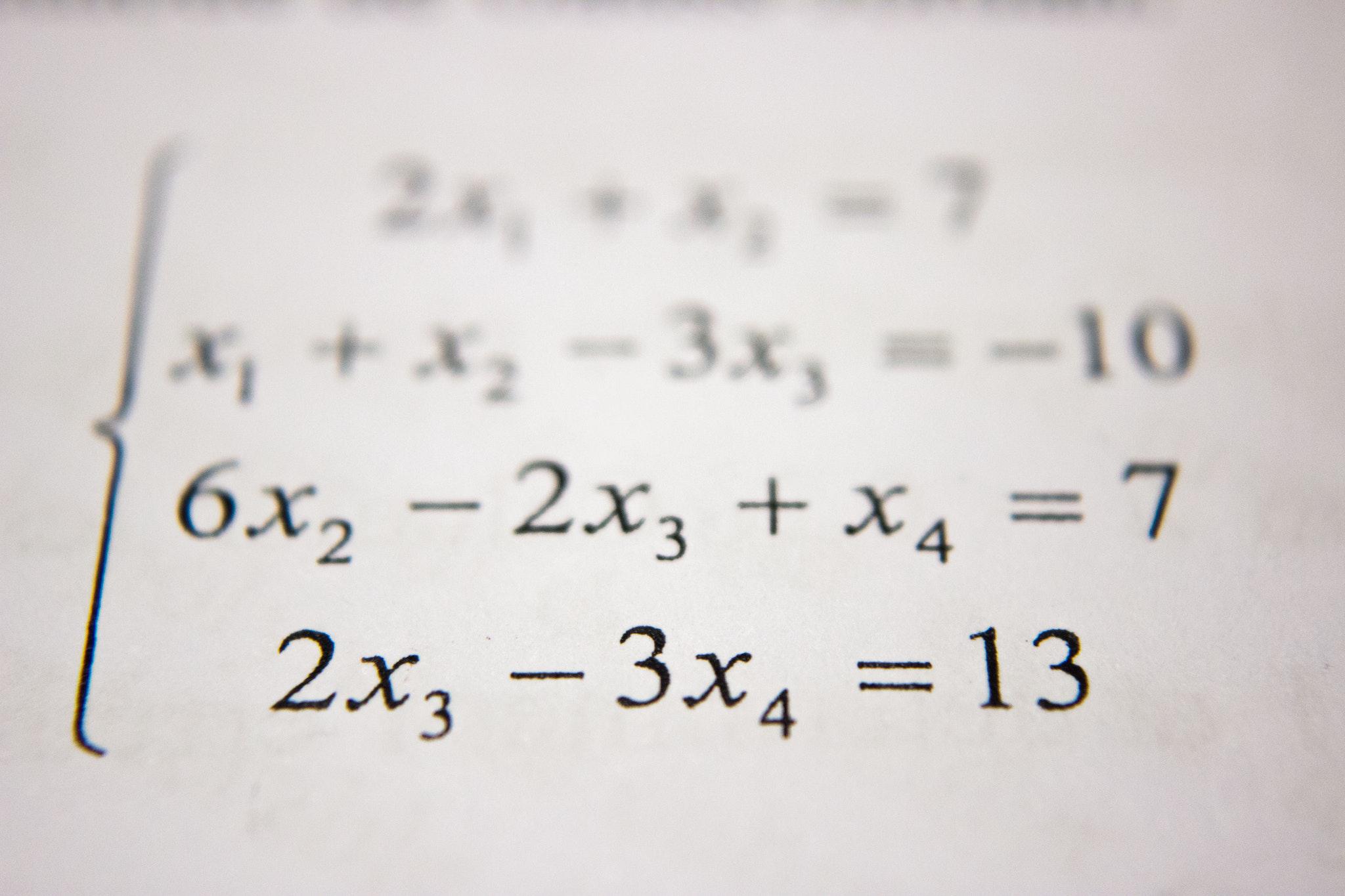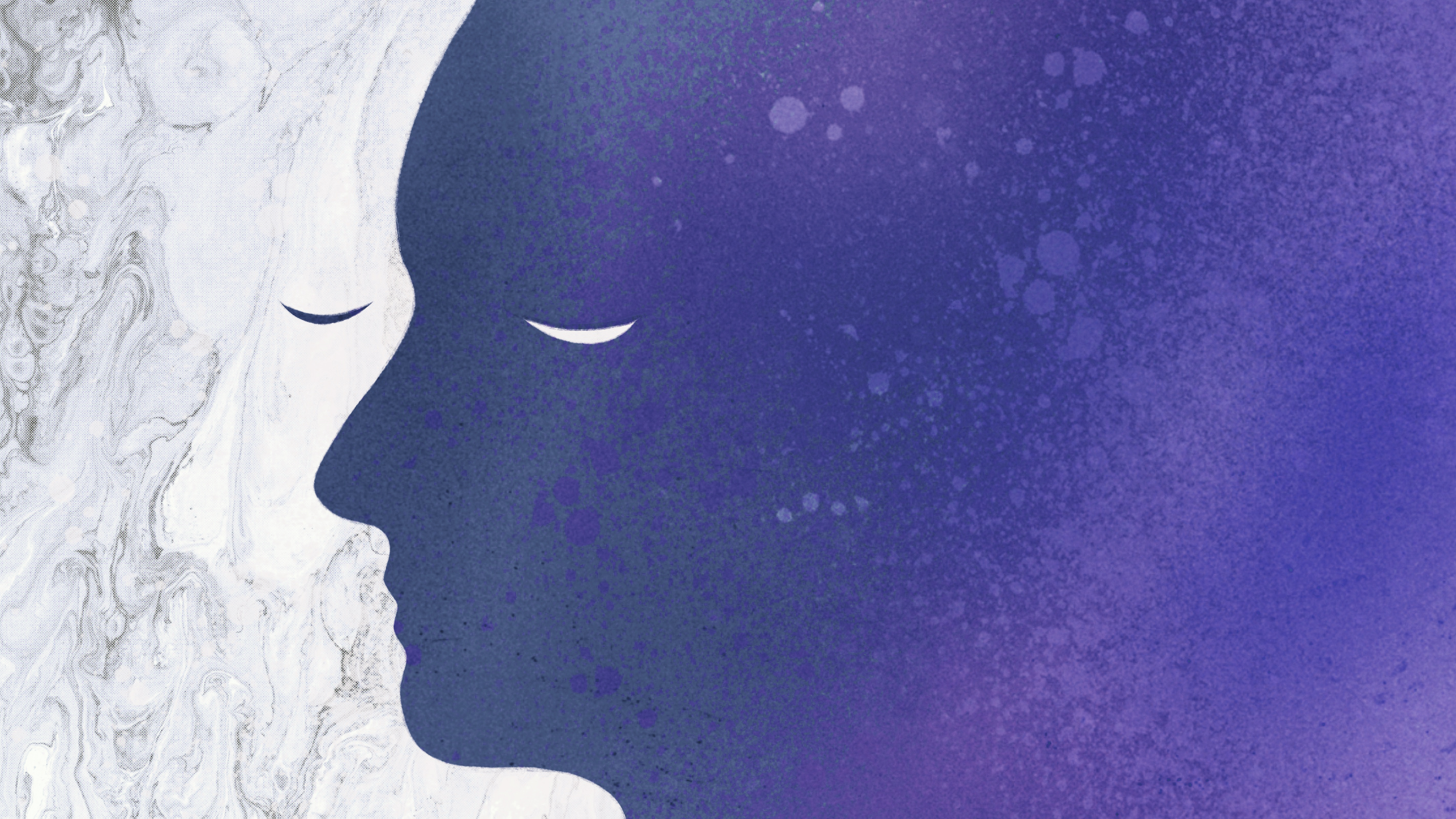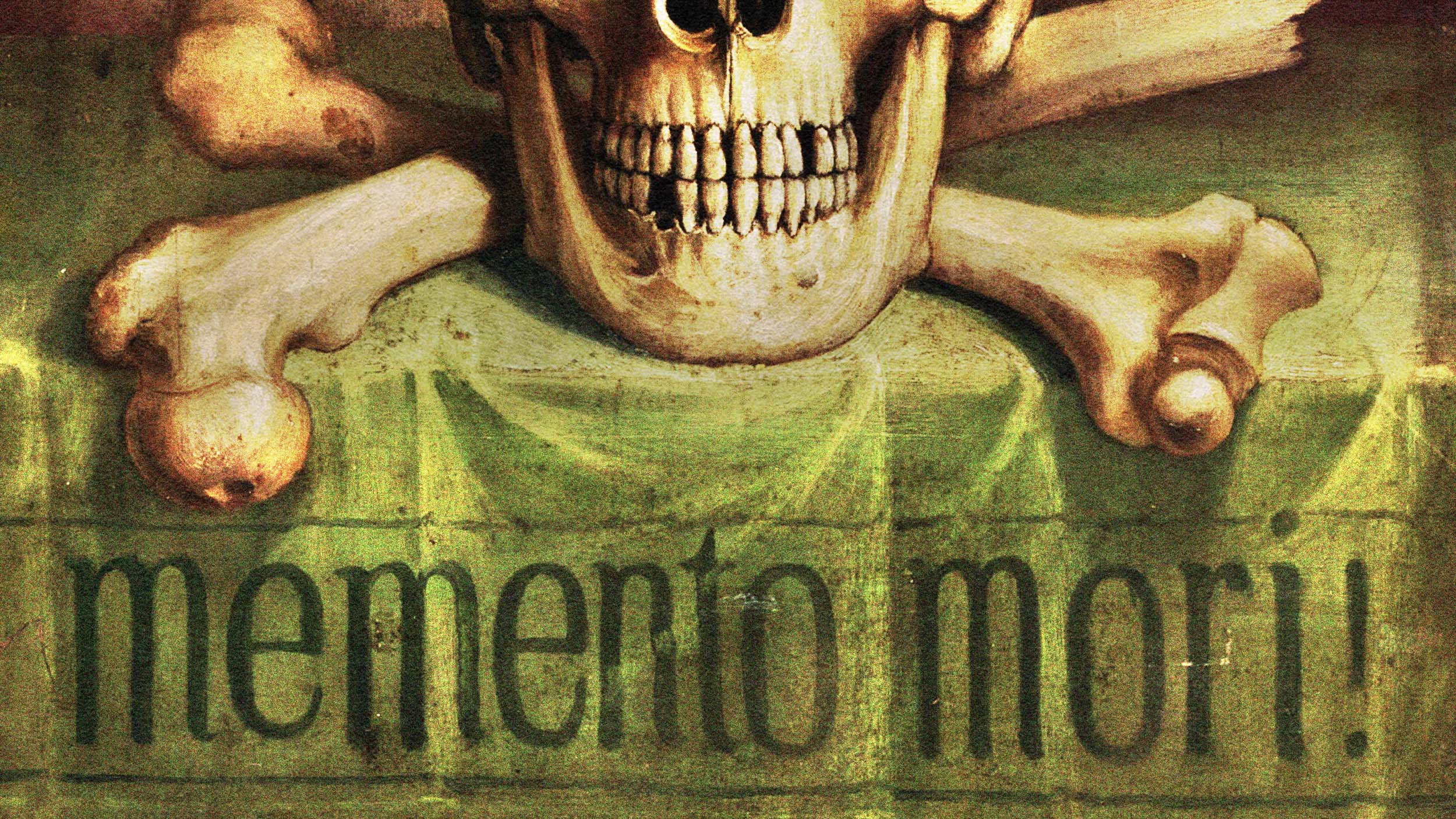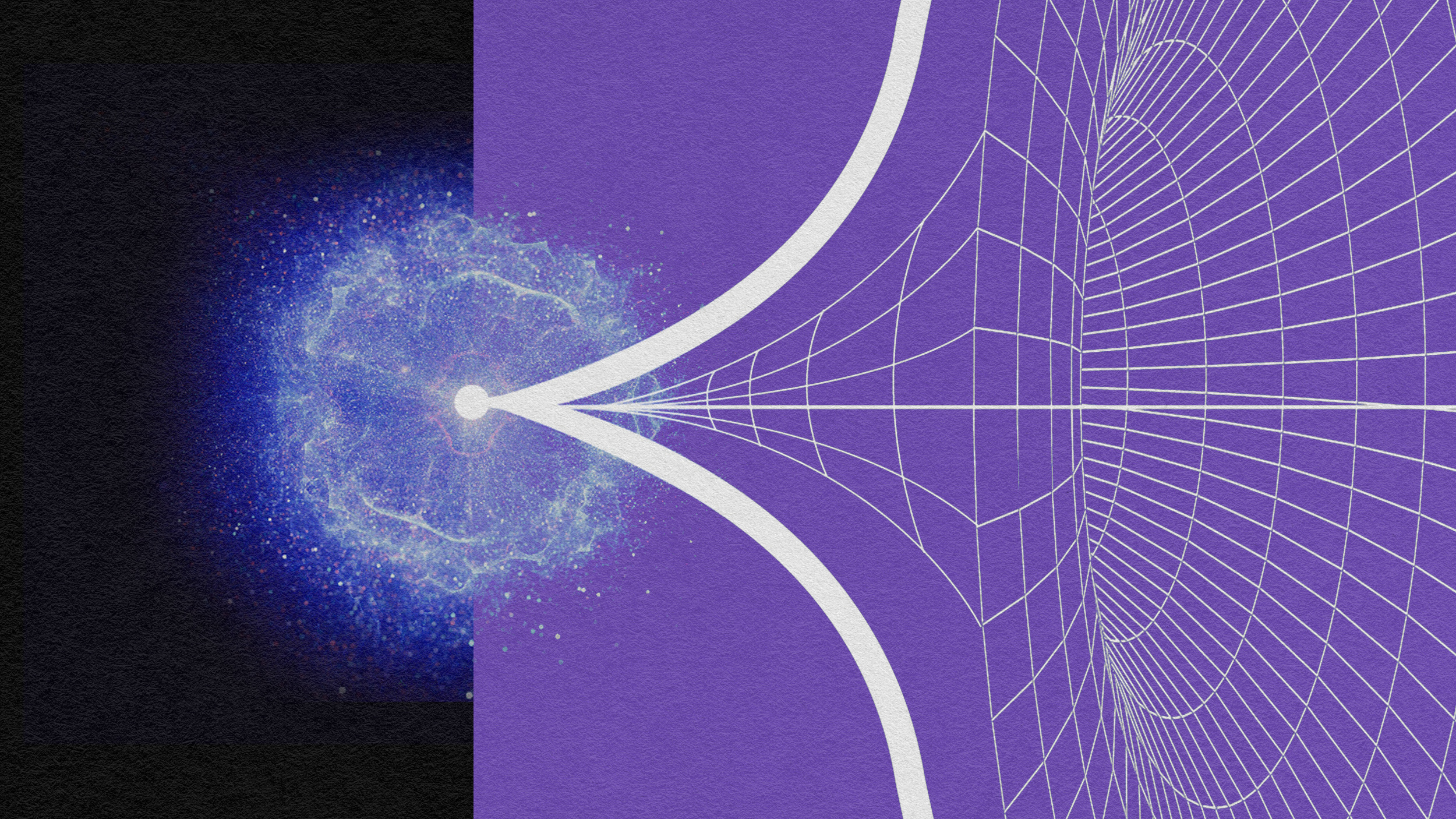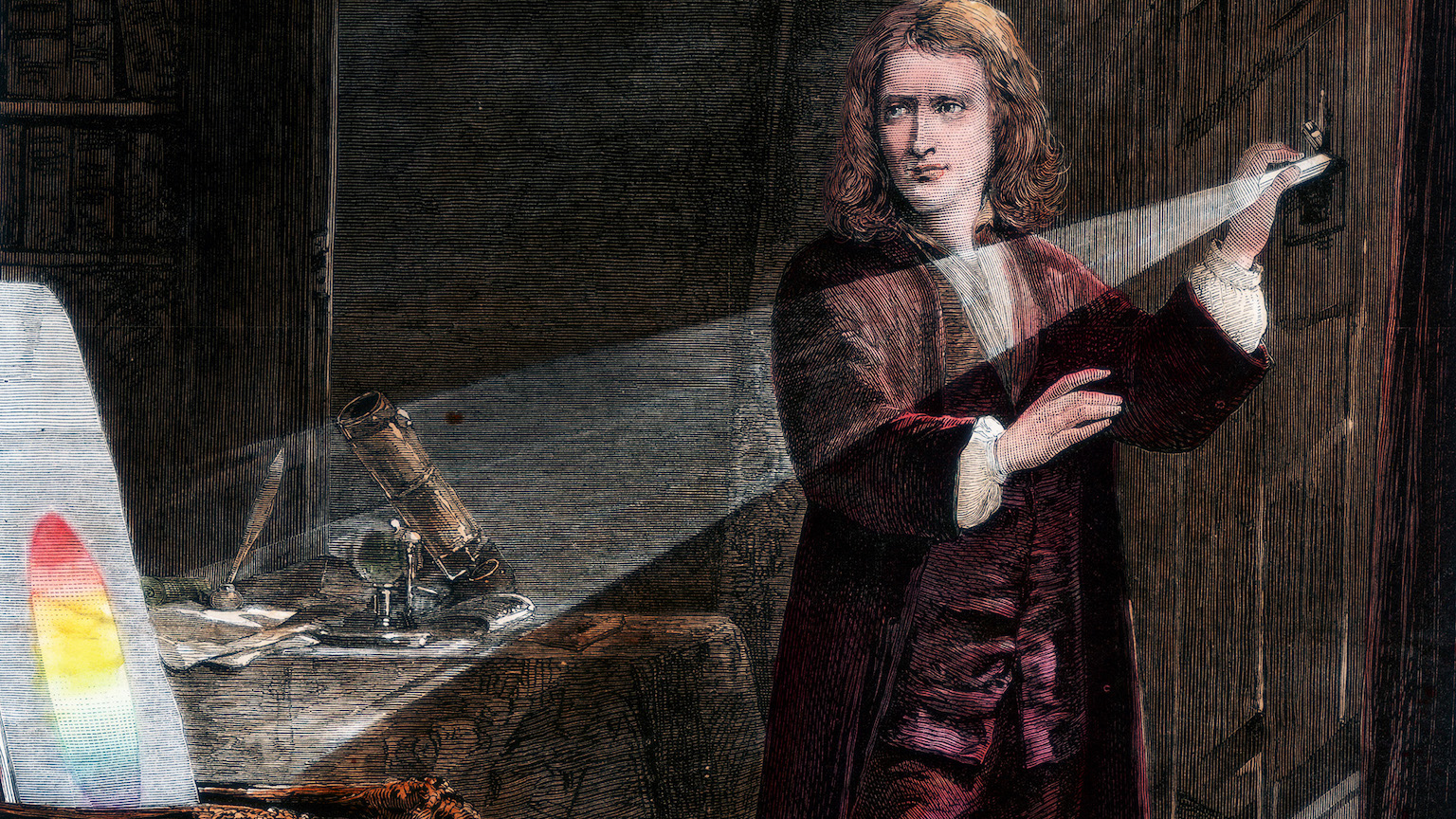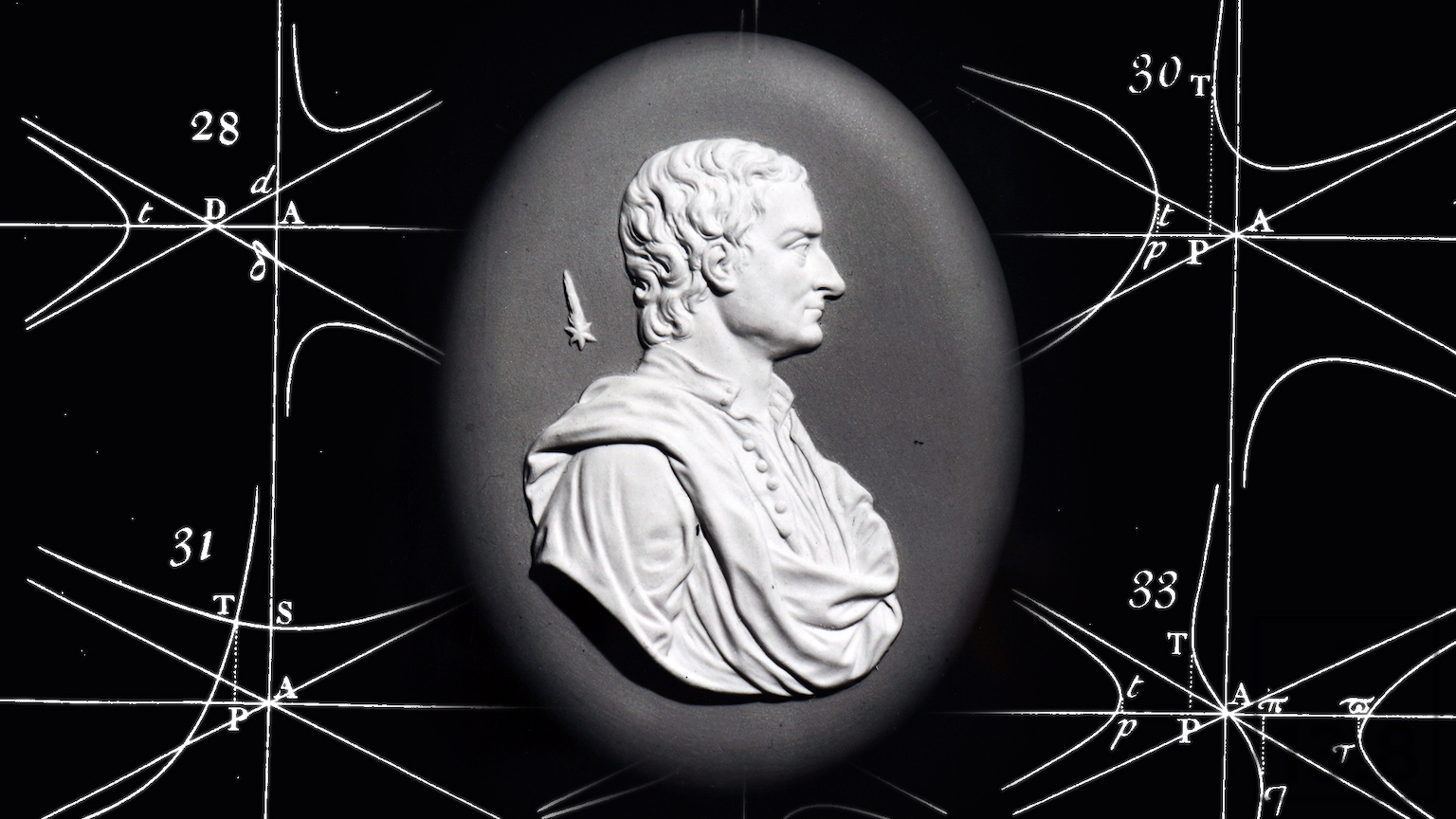Not everything that claims to be “scientific” actually is. There are five features of scientifically rigorous studies.
Search Results
You searched for: Math
Denmark’s 10 Jante Laws are grim, and yet they bring so much happiness.
Research suggests that employees with criminal records are far less likely to quit their jobs, perhaps due to a greater sense of loyalty.
The very concept of a “problem with no solution” goes against human nature. But we must accept this harsh reality to have peace in our lives.
Alan Turing and Christopher Strachey created a ground-breaking computer program that allowed them to express affection vicariously when so doing publicly, as gay men, was criminal.
Humans seemingly have opposing desires to fit in and to be unique. The interplay between these might drive the evolution of fads.
Isaac Asimov’s “Foundation” series helped inspire the field of social physics, which uses math to understand crowd behavior.
If computers can beat us at chess, maybe they could beat us at math, too.
A new AI lie detector can dive into their hidden thoughts and reveal “what language models truly believe about the world.”
Historical geniuses used the “creative nap” to give their minds a boost. Apparently, the “hypnagogic state” can help with problem solving.
Psychologist Mary C. Murphy explains why growth-mindset teams outperform those centered around a lone genius.
“Politics is weird. It’s the only business in the world in which you take a really, really important position, and you give it to someone with no qualifications.” —Tony Blair
The Universe has asymmetries, but that’s a good thing. Imperfections are essential for the existence of stars and even life itself.
Intelligence is not fixed but fluid. A growth mindset allows our brains to flourish while lowering our stress levels.
From the earliest stages of the hot Big Bang (and even before) to our dark energy-dominated present, how and when did the Universe grow up?
The quantum world — and its inherent uncertainty — defies our ability to describe it in words.
In a new book, an MIT scholar examines how game-theory logic underpins many of our seemingly odd and irrational decisions.
We spend much of our early years learning arithmetic and algebra. What’s the use?
Philosopher and logician Kurt Gödel upended our understanding of mathematics and truth.
Forgetfulness isn’t always a “glitch” in our memories; it can be a tool to help us make sense of the present and plan for the future.
If you think of the Big Bang as an explosion, we can trace it back to a single point-of-origin. But what if it happened everywhere at once?
Executive coach Jodi Wellman explains how to “make it to the end with no regrets.”
If you bring too much mass or energy together in one location, you’ll inevitably create a black hole. So why didn’t the Big Bang become one?
Our current form of education is almost 200 years old. What should schools of the future look like?
▸
6 min
—
with
Will nature or nurture win out?
It’s on a 100,000-year timescale, though, so the next few centuries might not be so comfortable.
Centuries ago, the plague forced people into quarantine for years. Isaac Newton and Galileo used the time to revolutionize the world.
When making any tough decision, the key is not to be overly exploratory or exploitative.
From physics and alchemy to theology and eschatology, Isaac Newton’s research was rooted in a personal pursuit of the Divine.
These were the stories you clicked on the most.


